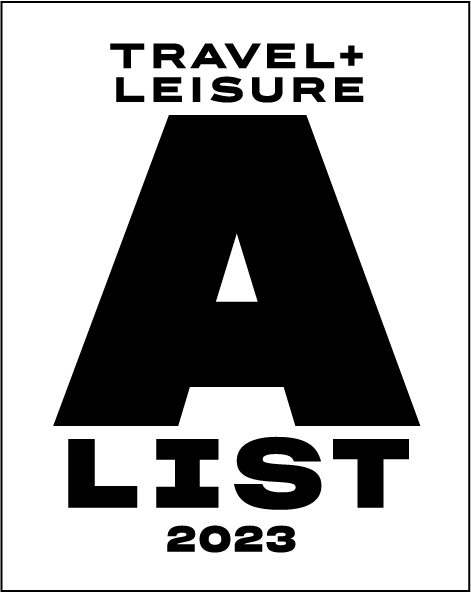Before you go to Uganda
A relatively small country, Uganda is 241 136 sq. km. in extent, of which 44 000 sq. km. is fresh water. Situated astride the Equator, it enjoys a mean annual temperature of 22 deg C, with an annual rainfall of 125 cm. The official language is English, and the basic infrastructure is sound and rapidly becoming better.
VISAS
Ugandan visas are required by citizens of the European Union, the USA and Japan; other nationals should check. Entry visas can be obtained at Ugandan missions overseas or at Entebbe airport or land borders. A single entry visa to Uganda costs US$ 50, and is valid for between two weeks and three months. Please visit http://www.immigration.go.ug/page/requirements-entry-uganda for details. In the UK the Ugandan Embassy is located at Uganda House, 58/59 Trafalgar Square, London WC2N 5DX. Telephone: +44 (0)20 7839 5783. In the USA the Uganda Embassy is located at 5811 16th Street NW, Washington DC 20011. Telephone: +1 202 726 7100.
It is you responsibility to also ensure that your passport is valid for a minimum of six months and has several clear pages for visas prior to departure. It is suggested that you check your status as regards visas prior to travel as they can change on a regular basis.
GENERAL HEALTH REQUIREMENTS
Yellow Fever vaccination certificates are required for entry into all of East & Central Africa and must be done no later than 10 days prior to your departure. If you have a history of liver disorders (hepatitis etc) you must consult your physician first.
Typhoid may be requested from the authorities when crossing into Rwanda, although it is unusual for it to be requested. This can be done by your local GP or through a travel clinic. There is also the tablet form available - only available from certain pharmacies.
Tetanus is also recommended, as is Cholera, but are not compulsory. Hepatitis inoculation is at the discretion of the traveler. Malaria prophylactics are a must and can be purchased from your local pharmacy. Please consult your pharmacist/doctor.
Diarrhoea / Giardia etc - good personal hygiene and control over the quality of your drinking water should avoid this, bottled water is readily available throughout the country, but take along some medicine in case, particularly if you are planning to spend some time traveling alone and not with a tour. We recommend that guests either buy bottled water, or take along water purification tablets and look after your own drinking water.
As with all medical requirements, your doctor or travel clinic will provide the most up to date information - the above is a guide only.
Specific documentation is required for gorilla and chimpanzee treks. Please check for current requirements.
DEPARTURE TAX
From Kenya, Uganda or Tanzania (if you are flying out) is from US$20-50 per person and is usually included on your ticket. Check with your travel consultant. If you anticipate paying any departure taxes locally, please take the correct amount - change is generally not given should cash payment be required upon departure.
LAUNDRY
Laundry is possible at most establishments in Uganda at an additional cost. Mostly it is done by hand and dried naturally outside and so this requires at least 1-2 days for turn a round depending upon the location and weather.
ELECTRICAL
Electricity spec Uganda: 240 volts British Standard, generally through 3 pin square plugs.
PHOTOGRAPHY
Do not photograph any government buildings, police or military posts. Ask permission before photographing local people – usually best to check with your guide. For gorilla photography a 35 - 70 mm zoom, or 50 mm fixed is usually sufficient, but you may want to carry a longer lens but remember you may well be in low light conditions. Take fast film (200-400 ASA plus), as you are normally not allowed to use flash, check this with your gorilla guide.
MONEY
US Dollars cash is the preferred option to bring when traveling to Uganda. This can then be changed into local money for spending en route as required.
We suggest a combination of small denomination notes (USD 1, 5, 10, 50) as well as USD 100 bills - make sure they are POST 2000 and have the ‘large heads’ on – (the older notes depict the various senators with ‘smaller heads’ – this may sound a bit cryptic, but when you compare the notes it will become clearer. Note that whilst more convenient in terms of changing currency and not having to carry around huge amounts of Shillings, there is normally a surcharge on the smaller notes when changing them. Keep your receipts, you are able to change surplus shillings back to USD cash if you have proof of purchase when leaving the country.
Travellers cheques are difficult to change and REALLY bad rates of exchange generally apply, and are often VERY difficult to cash.
Bank cards (hole in the wall automatic teller machine ones) that work internationally in other parts of the world GENERALLY DO NOT work here in spite of them claiming to be internationally usable all over the world.
LUGGAGE
Due to space limitations it is imperative that luggage be kept to a minimum. We suggest a barrel or soft bag (15 kg maximum) for your main gear, plus a camera bag or smaller 'day pack ' for inside the vehicle. Samsonite / hard bags / suitcases, etc. are not suitable as it makes packing very difficult.
Charters – Luggage - If you are traveling on a light aircraft within Uganda, then the luggage restriction is dependent on combined client and luggage weights and varies from plane to plane and routing but usually only up to 10kg per person in soft bags and this is strictly adhered to for safety reasons. Please check your personal allowance on confirmation of itinerary and aircraft.
FLIGHTS
You must ensure you reconfirm your onward and return flights no later than 72 hours prior to departure. Failure to do so could result in your seats being cancelled.


